Admitting to being abused is often difficult, but in our country, it can feel impossible. Cultural norms, stigma, and fear of judgment keep many victims silent. This silence perpetuates the cycle of abuse, making it crucial to understand and address the barriers to speaking out.
Just Another Case of Abuse by a Trusted Person
Table of Contents
She was 9. He was 35. She was a student. He was a tutor. I know you will object to this story. How can there be a “together” between these two? Because this is no fairy tale, it has unpleasant twists and turns. So, one day, when the tutor came to teach her elder brother, her parents asked her if she wanted to sit and do her homework too. Initially, she happily agreed. She imagined telling her friends that she too had a tutor like grownups.
And then slowly, things changed. The “sir” would make her sit on his lap and rub her thighs. She would freeze, but pretend to still do her homework. Every day he dared a little more and moved his hands further inside. This continued for a few weeks. Every time the parents or her brother praised the tutor for being so wonderful, she cringed, but immediately felt guilty for not sharing her family’s fondness for the guy. One day, she mustered enough courage and told her brother about this. The brother, who was just around 12, was furious. But sadly, he was furious with his kid sister for saying such “dirty things” about his favourite “sir”. That evening, when the sir came, the brother complained about his sister to him. Crestfallen and visibly scared, the teacher decided to discontinue his services.
A Story Repeated Across Thousands of Homes
Years later, the tutor is still remembered fondly in the family and years older, the little girl still stays quiet when everyone praises the tutor who changed the brother’s life. Even though she never discussed this with anyone again, the ghosts of that incident continued to haunt her later in her life too. Every time somebody tried to come close to her, her body revolted. It took years of counseling and a very supportive husband before she could lead a healthy and scar-free sexual life.
Almost all the women I know or have talked to have similar tales to tell and in almost all the cases, the women have not confided or confronted this demon from the past.
This is a sad story, and what is sadder, is that this is a very common story. Almost all the women I know or have talked to have similar tales to tell and in almost all the cases, the women have not confided or confronted this demon from the past.
Can a “Me Too” Work in India?
When the “Me Too” movement started, I saw a lot of FB posts hailing it and a few posting the hashtag themselves. I say a few because many more of my friends were quiet. These were the women who, during our heart-to-heart conversations, had shared their stories of abuse and exploitation. Also, these were the women who had often shared cancer and depression posts for awareness.
It is easier to talk about a stalker on the road or in the metro, but when we are talking about abuse, the abuser is mostly someone the family is close to. Another friend confessed that her own uncle would abuse her when her mom left her with him every time they were at her grandparents’ house. Mother still doesn’t know it and the uncle is still a darling of the entire household.
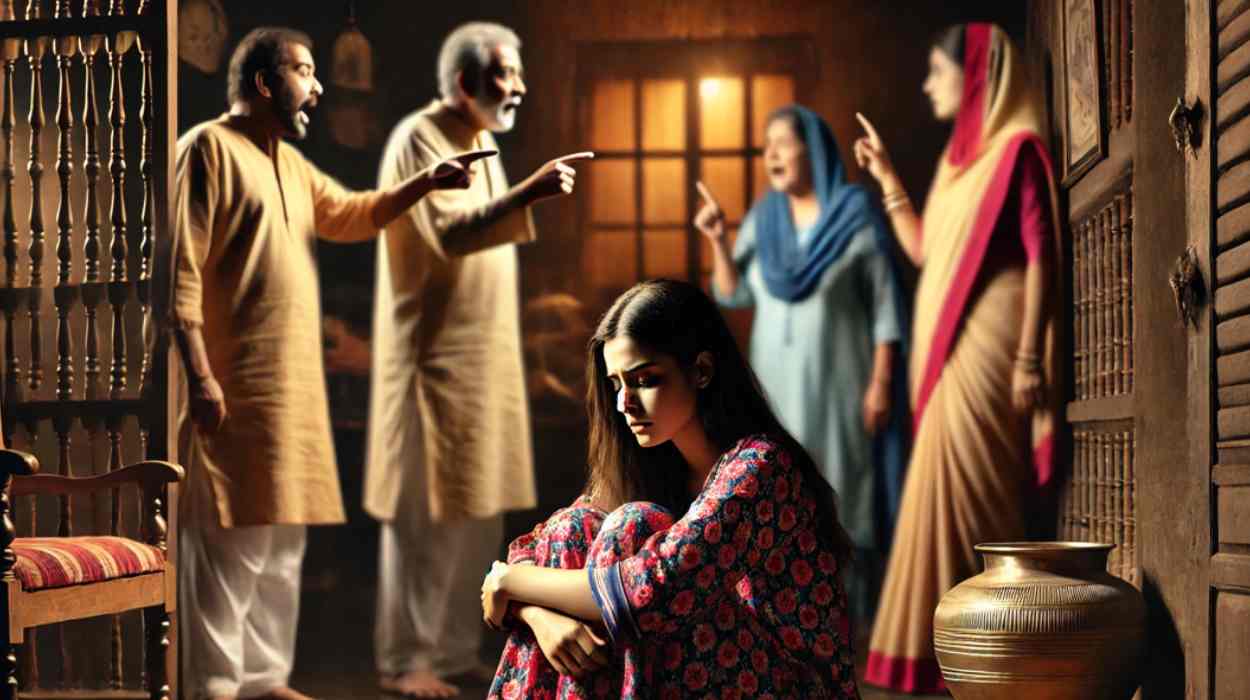
Talking about a close relative can shake the entire family dynamics and as we know, we Indians are a close-knit khandaan and we are proud of it. We can sit together during family dinners and criticize the degenerating moral standards of our society, but we cannot point fingers at the same family and tell the tales of those scars from childhood stories. And that brings me to another question.
Related Reading: Male Domestic Violence: Men Can Be Victims Too
When Will We Stop This Silent “Not Me” Movement?
Every time there is a remark against women, we collectively get shaken up and pounce on the man or the woman who made the remark. Like when Bollywood’s leading choreographer Saroj Khan said that we shouldn’t blow this casting couch news out of proportion because the exploitation is everywhere, we went berserk. Twitter went on a rampage about how insensitive Saroj Khan has been in dismissing the threat so casually.
Khan said that the casting couch is “age-old” and added that “the film industry at least gives work and doesn’t rape and abandon the victims”. Now, let me clarify. I do not support what she said. She simply pointed out our problem. We are a nation where a rapist marrying the victim is looked at as a solution to the “problem” and an act of “repentance”.
We are a nation where a rapist marrying the victim is looked at as a solution to the “problem” and an act of “repentance”.
Why Is Protest Always Abstract and Never Personal?
Similarly, when a recent rape case had the entire nation reeling and candle marches going from one state to another, Bollywood actor Amitabh Bachchan was asked for comments. Bachchan refused to comment, saying that the incident “disgusted him”. Fair choice, one should say, but not for us Indians. Right after his comment went public, Bollywood actress Pooja Bhatt took to Twitter and said, “I can’t help being reminded of a film called #Pink. Can our images on screen please be reflected in reality?
Now, I am not advocating Bachchan’s “lack of response” about the incident but the way many criticised him for not portraying his Pink character in real life left me wondering. Almost all the leading ladies from Bollywood took to social media to raise their voices against the culprits, but I wonder, why don’t we read any personal account of exploitation or abuse from anyone in the film industry?
Related Reading: Bollywood Age Gap Movies That Show Love Transcends All Bounds
Why Can’t We Admit Being Abused Ourselves?
We are so right and in place morally, but are we really honest? While we hail “me too” around the world and join the movement from our armchair, we really go all quiet when we need to talk about the skeletons in our own closets.
This mind-set is not restricted to the god- and society-fearing middle class. From the slum dwellers on the footpath who have hundreds of unwed mothers sharing the space, to the high-profile paparazzi-chased society that goes all mum when we ask if they too had a similar experience, we all have the common thread running deep within us.
But let me ask you, readers, if such passive rebellion can help bring the change. From the exploiter to the exploited, everyone is fighting somebody else’s battle. Yes, when you go for these candle marches, the guy who just lit his candle with your flame might have been a predator somewhere to someone. But you wouldn’t know, because his victim too is in the march lighting candles for someone else.
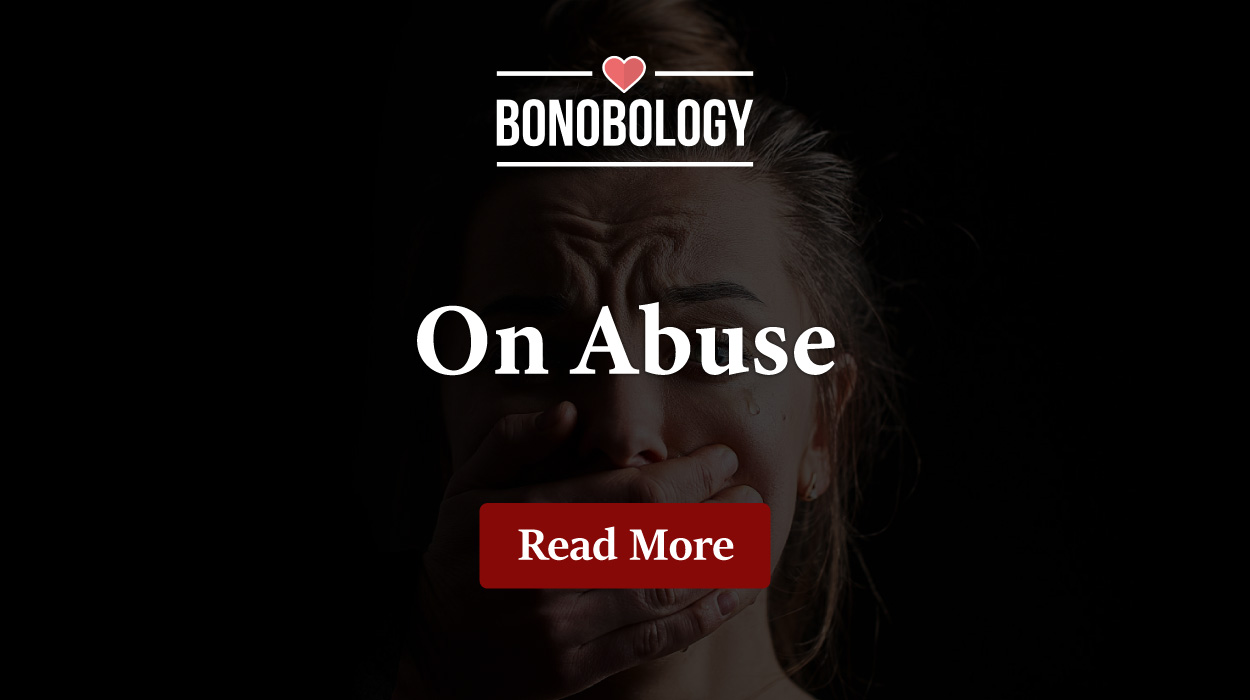
FAQS
1. Why is it difficult for victims to speak out about abuse?
Cultural norms, stigma, and fear of judgment often prevent victims from speaking out. Many fear that they will not be believed or that their revelations will disrupt family dynamics.
2. What are some common reactions victims face when they disclose abuse?
Victims often face disbelief, blame, or minimization of their experiences. They may also be accused of fabricating stories or seeking attention, which can further isolate them.
Final thoughts
Addressing abuse in our society requires a collective effort to break the silence that surrounds it. Cultural norms, stigma, and fear often prevent victims from speaking out, perpetuating a cycle of pain and isolation. The story of the young girl abused by her tutor is a stark reminder of the deep-seated issues that many face but are unable to voice.If you’re facing sexual abuse, it’s crucial to seek counseling to support your healing and regain control over your life. Professional help can provide a safe space to address your trauma and begin the recovery process help line
Your contribution does not constitute a charitable donation. It will allow Bonobology to continue bringing you new and up-to-date information in our pursuit of helping anyone in the world to learn how to do anything.

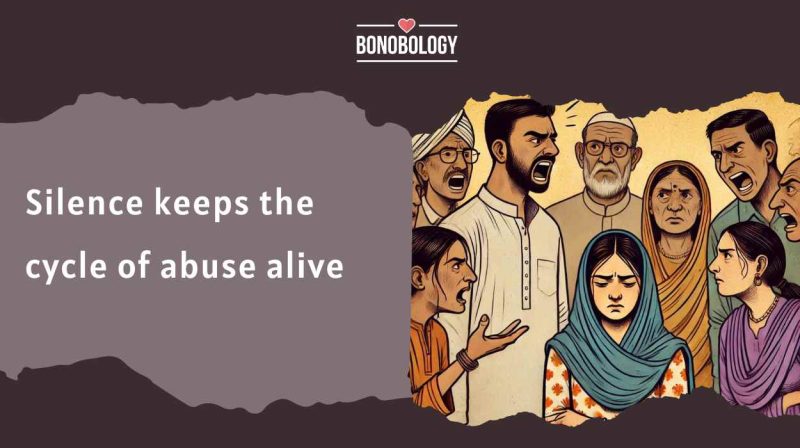

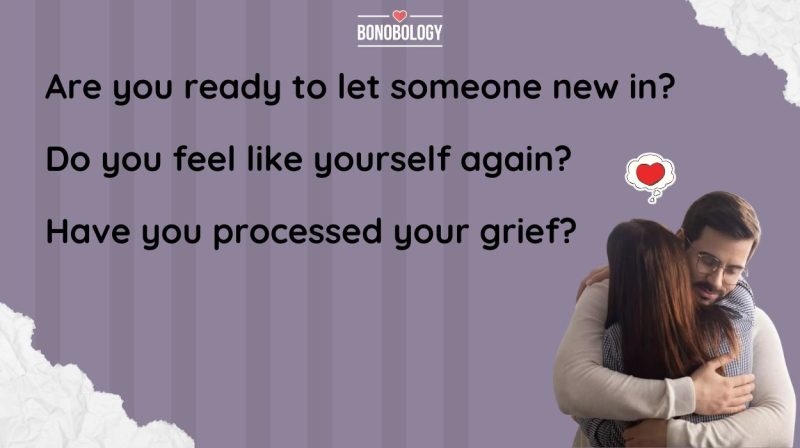
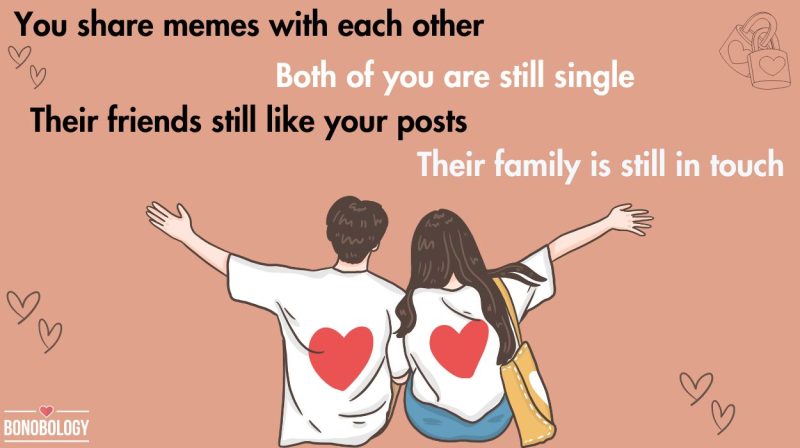














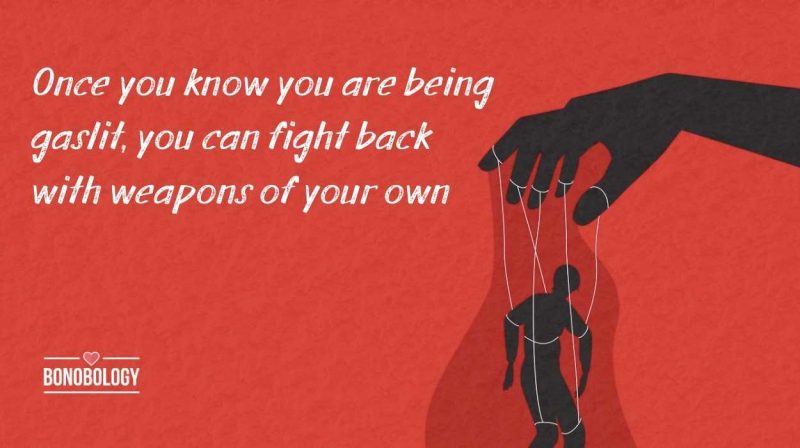
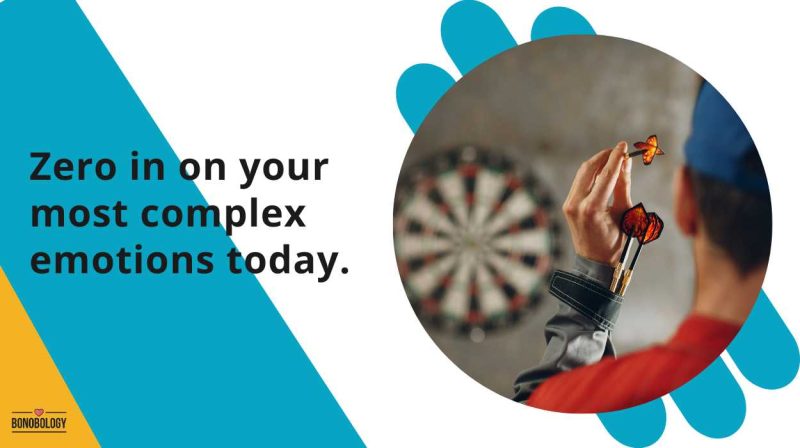
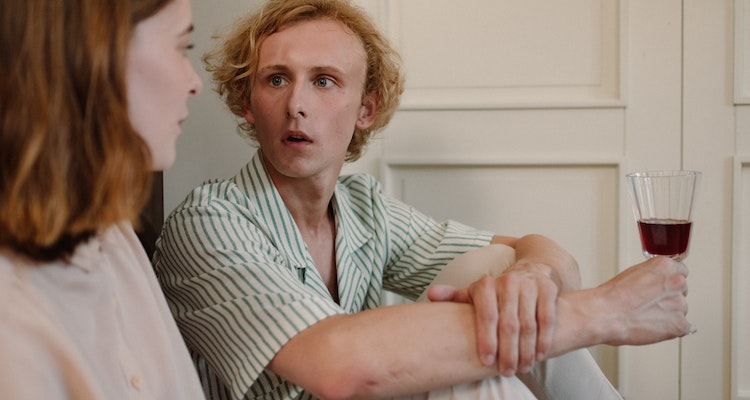

Featured
Am I Moving On Too Quickly After Death Of Spouse—How To Decide
15 Signs You’ll Get Back Together With Your Ex
How To Get Over Trust Issues — A Therapist Shares 9 Tips
Learn How To Forgive Yourself For Hurting Someone You Love
How To Find Peace After Being Cheated On — 9 Tips From A Therapist
How To Forgive A Cheating Husband: 15 Helpful Tips
35 Disturbing Signs Of Gaslighting In A Relationship
What Is Narcissistic Ghosting And How To Respond To It
‘My Husband Starts Fights And Then Blames Me’: Ways To Cope
How To Rebuild Your Life After The Death Of A Spouse: 11 Expert-Backed Tips
My Husband Died And I Want Him Back: Coping With Grief
“Am I Unlovable” – 9 Reasons You Feel This Way
11 Signs Your Girlfriend Was Sexually Abused In The Past And How To Help Her
Coping With Breakups: The Must-Have Breakup Apps For Your Phone
15 Signs You Are Wasting Your Time Trying To Get Your Ex Back
Why Are You Obsessed With Someone You Barely Know — 10 Possible Reasons
33 Phrases To Shut Down Gaslighting And Silence Gaslighters
The Emotion Wheel: What It Is And How To Use It To Build Better Relationships
The Role Of Supportive Relationships In Addiction Recovery
7 Signs You Have A Verbally Abusive Wife And 6 Things You Can Do About It